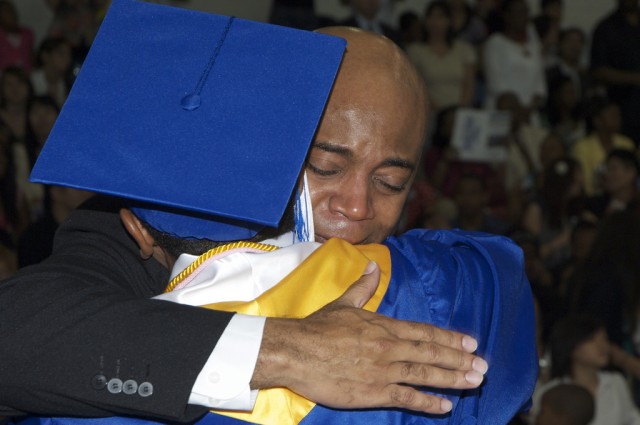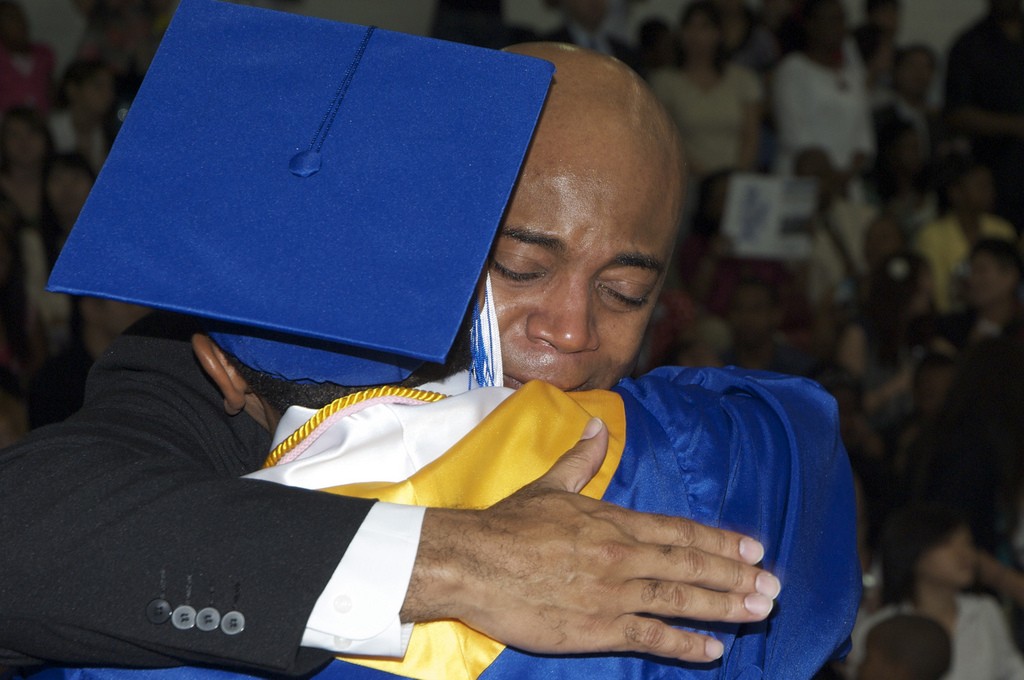
<strong>YONGSAN GARRISON, Republic of Korea</strong> - As children reach adolescence, it becomes vital to foster an environment where they can trust their parents and talk openly, according to experts.
"Adolescents need their parents as much as when they were young. They need more advanced relationships and different quality of time," explained U.S. Army Garrison-Yongsan Army Substance Abuse Counseling Service counselor Andrea Donoghue.
"Find pockets of time to interact with your kids. Maybe you cannot have a whole hour to talk, but you can find ten minutes to wash the dishes together or walk the dog with them," added Maninder Sharma, ASACS counselor.
The ASACS team offers parenting tips for how to build close bonds with the children.
* Do listen. Really listening creates an environment where the children will be more likely to come for advice when needed.
* Show your respect. Trying to over-control teen's beliefs can undermine their confidence.
* Spend time together. Follow the lead of your teen in choosing some of the family activities, even when they are not your cup of tea.
* Do not avoid talking about topics like drug or sex. Discuss them openly and arm your teen with accurate information.
* Be flexible. Don't be afraid to change the approach if it's not working. Arm yourself with information about adolescent development.
In Army communities, building bonds with children can be particularly difficult during a duty-related family movement or separation. "As parents, it is easy to fall into limited communication patterns. Increased communication at times of transition can help to ease the process for those we leave behind," said Geri Fortner, ASACS counselor.
ASACS suggests parents follow these steps to cope with transition challenges:
* Talk to your teen about your upcoming departure; make them a part of the process and share your thoughts and feelings, as appropriate.
* Invite you teens to your departure point if possible.
* Establish a routine of communication for frequent short contacts, but make allowances for those times when your teen really needs to talk. Today's technology, such as voice-over-IP (VOIP), makes it easier to have regular contacts.
* Stay in contact with other adults who have regular contact with your teen: teachers, chaplain, coach.
* Show interest in your teen's life through empathy and validation.
Experts also encourage parents to take advantage of various programs that Yongsan Garrison offers. "Check what the garrison has for family activities. Get involved and try to have fun together," said Donoghue. "If parents ever need any assistance, they can call 738-4579 and ask us for help."
Follow USAG-Yongsan on <a href="http://twitter.com/USAGYongsan">Twitter</a>, <a href="http://flickr.com/usag-yongsan/">Flickr</a> and become a fan on <a href="http://www.new.facebook.com/pages/USAG-Yongsan/32158407071">Facebook!</a> Learn more about serving in Korea at the <a href="http://yongsan.korea.army.mil/">USAG-Yongsan Web site</a>.

Social Sharing